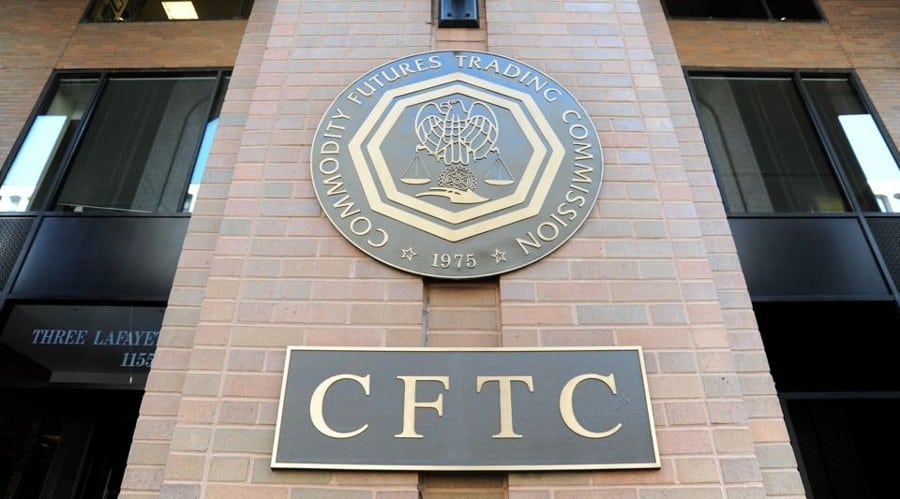
iGaming responsibility: a path to acceptance

When a US Supreme Court decision enabled states to allow legal sports betting, most expected tosee greater iGaming adoption. However, access to online casino products lags far behind online sports betting, with iGaming achieving legality in only seven states, far fewer than the 30+ states that offer some form of sports betting.
For states, among the robust barriers for iGaming are concerns about responsible gaming. Fortunately, these concerns can be overcome by new technology, data and tools to ensure regulated online casino products are safer for consumers.However, with iGaming projected to generate $6.35bn in tax revenue annually for individual states, legislators have a renewed interest in legalizing online gaming.
According to the American Gaming Association (AGA), the six states (Connecticut, Delaware, Michigan, New Jersey, Pennsylvania and West Virginia) in which iGaming was legal in 2021 generated $970m in tax revenue, compared to $560m for sports betting in 30 states.
With gambling regulations legislated at the state level, operators must demonstrate to state officials and lawmakers in each jurisdiction that they are committed to providing players with a safe betting experience.
“If operators are perceived to be profiting from vulnerable individuals, they face the potential of losing the trust they’ve built over the past few years.”
IGAMING IN THE SHADOW OF SPORTS BETTING
While online casino products can provide financial benefits through job creation and tax revenue, states have been slow to implement iGaming due to concerns from legislators, the public and problem gambling organizations. In contrast, online sports betting has skyrocketed in popularity since New Jersey’s lawsuit opened the door for the legalization of sports betting in 2018.
These differing opinions and legislation surrounding online casinos versus sports betting may stem from a perception of increased risk to consumers if they have access to online casino products. For example, Massachusetts recently approved online sports betting after delays stemming from concerns around responsible gaming. If state legislators understand how operators intend to mitigate risks and protect players, they are more likely to legalize online gaming.
WHY RESPONSIBLE GAMING IS THE SOLUTION
If more states are going to legalize online casinos, legislators and regulators will need to be assured that responsible gaming is taken seriously. To do this, operators must keep investing in responsible gaming technology and data to protect consumers; these enhancements create a clear difference between regulated operations and unregulated entities.
Operators should consider developing procedures to spot consumers displaying problematic behavior, educate consumers on how to control their online gambling behavior, and offer options like taking time-outs and cooling off periods. For instance, Axes recently made a large donation to the University of Nevada, Las Vegas to develop AI technology that deals with responsible gaming.
Once legislators see online sportsbooks deploying technology and investing in responsible gaming consistently, the doors to online casino products in their respective states may start to open.
HOW TO TACKLE OFFSHORE ACTIVITIES
If players can’t access online casino gaming in their states legally, the risk is that players will seek out unregulated, offshore platforms that take potential tax revenue away from the states where the players live. Offshore and unregulated gaming participation is a unique factor in the US market. Ultimately, states would do well to consider the benefits of regulated offerings to drive valuable state tax revenue, economic benefits and job creation.
“If state legislators understand how operators intend to mitigate risks and protect players, they are more likely to legalize online gaming.”
Additionally, unregulated online gambling is risky because it leaves consumers vulnerable. Offshore operators do not have robust payment technology, responsible gaming or know your customer procedures compared to regulated entities. A safer playing experience should be a key differentiator for consumers when engaging with regulated operators. In Europe, operators deploy technologies to identify signals of financial distress, resilience or consumer stability to comply with regulation and protect consumers. These technologies and best practices could be common in the US soon. Examples include affordability checks, cooling-off periods, self-exclusion and educating consumers on problematic behavior.
With inflation rising in the US, consumers are facing financial difficulties. If operators are perceived to be profiting from vulnerable individuals, they face the potential of losing the trust they’ve built over the past few years. DraftKings CEO Jason Robins spoke recently with a group of state legislators, encouraging them to pass online casino laws citing better protection for consumers. While there is an audience and financial incentive to adopt iGaming for states, it will take continued investment in responsible gaming to allay the significant concerns that exist. Enhancing consumer protections in online sports betting is the fastest path for operators to underscore their commitment in this area.
Tags/Keywords
Gaming America’s editorial staff provides authoritative coverage of iGaming, esports, and sports betting across the U.S. and Latin America in multiple language editions. Drawing on deep industry expertise, the team combines rigorous journalism with comprehensive testing of licensed operators, evaluating security, bonuses, markets, user experience,...
Players trust our reporting due to our commitment to unbiased and professional evaluations of the iGaming sector. We track hundreds of platforms and industry updates daily to ensure our news feed and leaderboards reflect the most recent market shifts. With nearly two decades of experience within iGaming, our team provides a wealth of expert knowledge. This long-standing expertise enables us to deliver thorough, reliable news and guidance to our readers.







